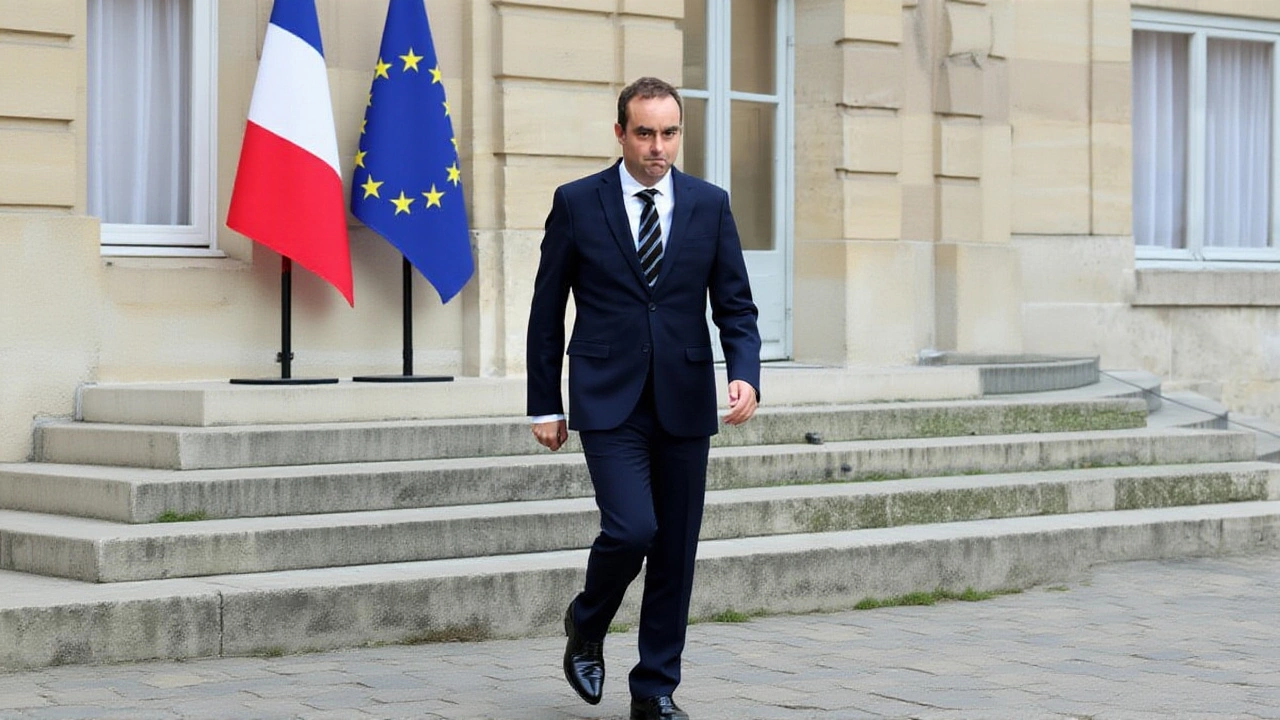Emmanuel Macron: France's President, Politics, and Global Impact
When talking about Emmanuel Macron, the current President of France known for his centrist reforms and active role in European affairs. He is also referred to as the President of the French Republic. French politics, the landscape of parties, policies, and public debate in France provides the stage for Macron’s agenda, while the European Union, the supranational body governing economic and political cooperation among member states acts as the arena where his diplomatic moves play out. His economic strategy, often called French economy, the system of production, consumption, and fiscal policy that drives France’s growth, ties together domestic reforms with broader EU goals. In short, Emmanuel Macron encompasses leadership, reform, and international negotiation, requiring a blend of political skill, economic insight, and diplomatic outreach. The central idea is that his presidency influences French politics, shapes the French economy, and steers EU policy – a triple connection that defines modern French governance.
How Macron’s Policies Connect to Key Areas
Macron’s platform rests on a few core pillars. First, his push for labor law changes aims to make hiring easier while protecting workers, a move that directly reshapes the French economy’s productivity. Second, his climate agenda, including the “Make Our Planet Great Again” initiative, links French politics to EU climate targets, showing how national policy can ripple across the Union. Third, his approach to digital transformation encourages tech startups, which fuels both economic growth and political innovation. Each of these pillars creates a semantic triple: Emmanuel Macron → drives → labor reform, Labor reform → boosts → French economy, and French economy → influences → European Union competitiveness. By tying together domestic reforms, economic outcomes, and EU-wide goals, Macron builds a cohesive narrative that resonates with voters and policymakers alike. The relationships illustrate how a single leader can shape multiple sectors, offering readers a clear map of cause and effect across politics, economics, and international cooperation.
Below you’ll find a curated set of articles that dig into these connections, from detailed analyses of Macron’s economic measures to commentary on his role within EU negotiations. Whether you’re tracking policy shifts, assessing the impact on French markets, or simply curious about how European politics evolve under his watch, the collection offers practical insights and diverse viewpoints. Dive in to see how Emmanuel Macron’s actions ripple through French politics, the national economy, and the broader European Union landscape.
French PM Sébastien Lecornu Resigns After One Month, Deepening Crisis
Sébastien Lecornu resigns after 23 days, deepening France's political crisis and prompting opposition calls for snap elections and a new coalition.
